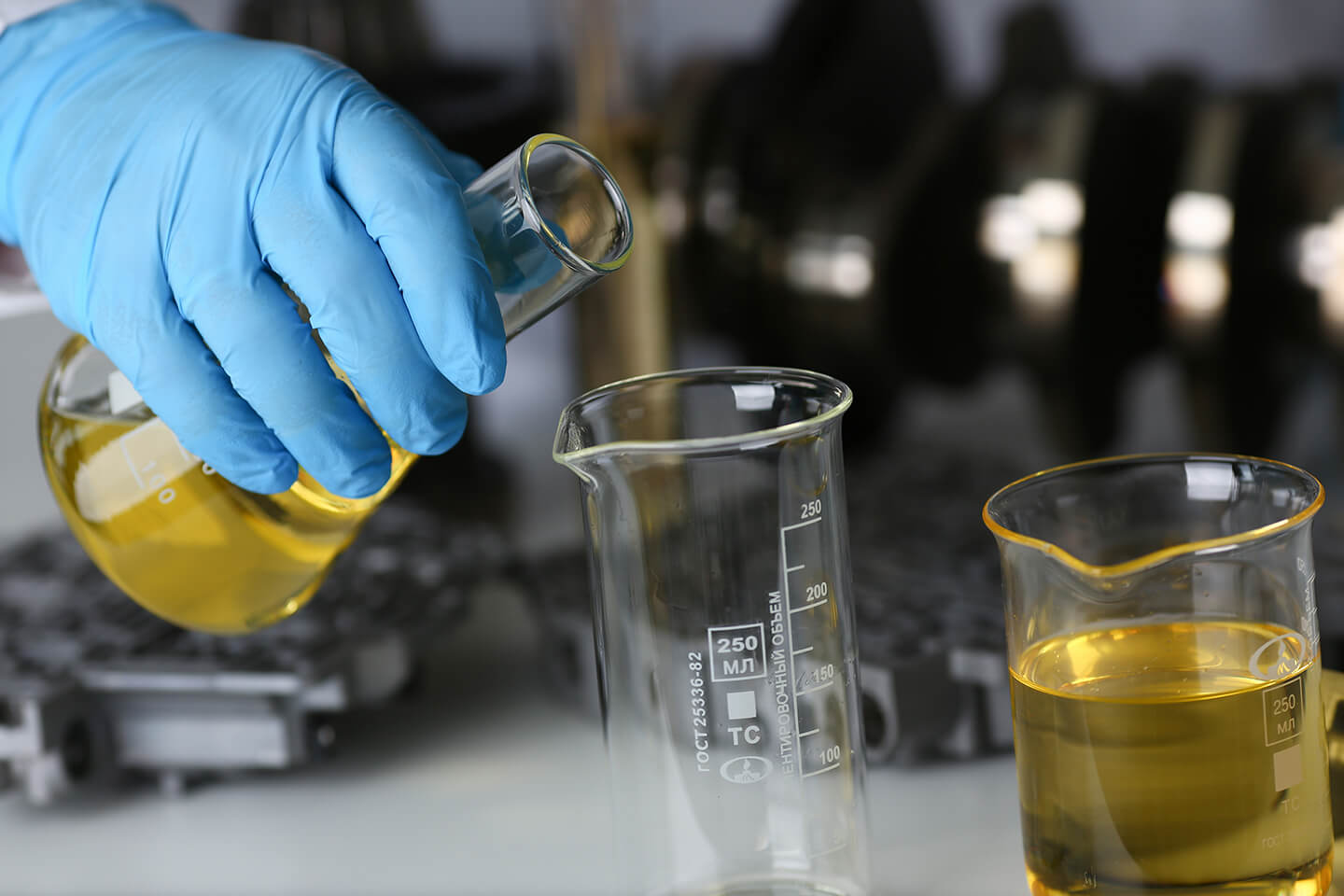Your Partner in
Flying Success
Leading Provider of Aviation Specific Analysis
At Aviation Laboratories, we offer a wide range of analysis and testing services specifically designed for the aviation industry.
We utilize the latest technology and adhere to strict industry standards to ensure that our analysis and testing services meet or exceed our clients’ expectations. We are dedicated to providing accurate and reliable results, allowing our clients to make informed decisions about their aviation equipment and operations.
Whether you’re a private pilot or a commercial fleet, we are equipped to meet your needs. From basic fuel testing to more advanced analysis of additives and contaminants, we have the expertise to help you keep your aircraft running smoothly and safely.
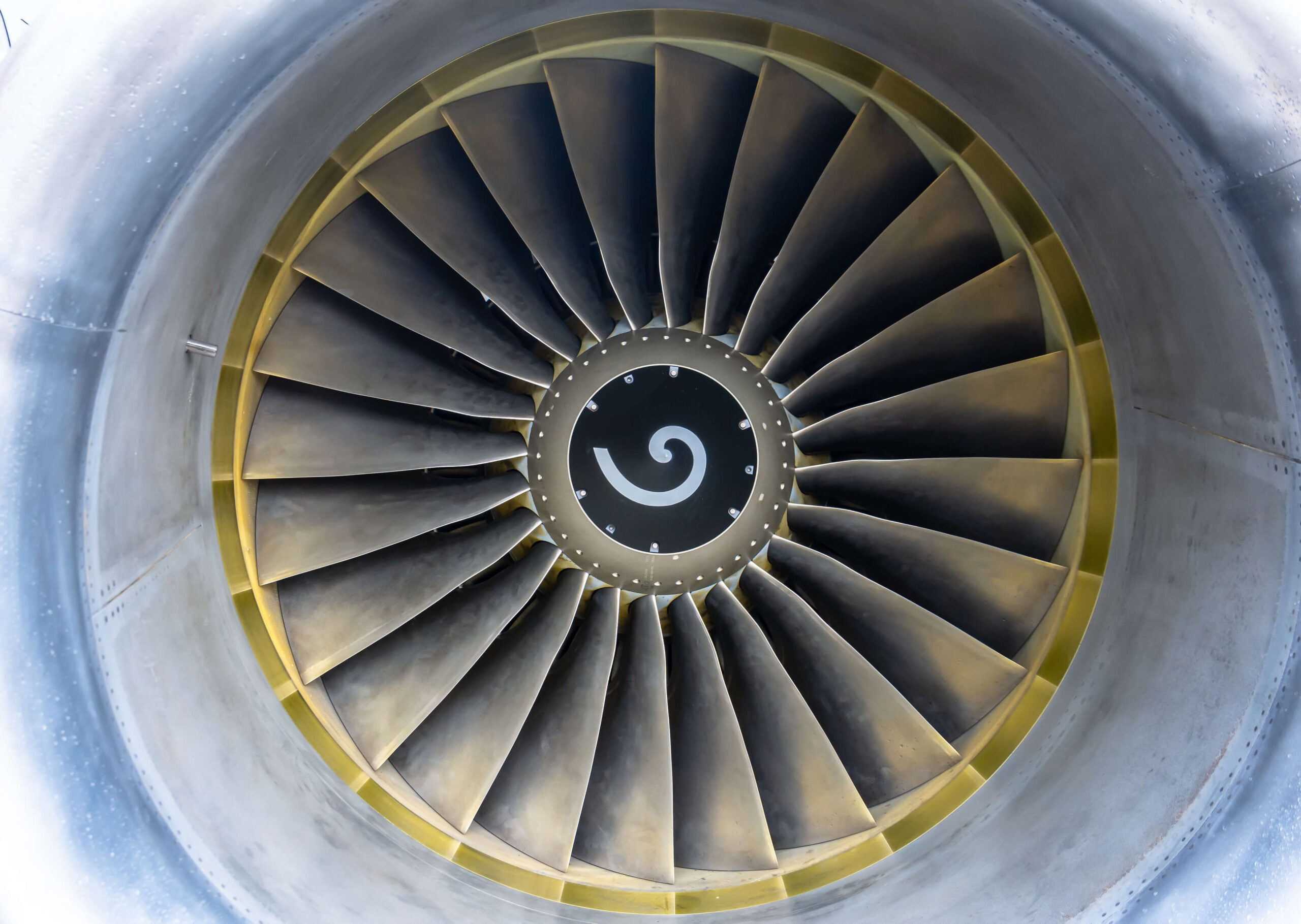
At Aviation Laboratories, we offer a wide range of analysis and testing services specifically designed for the aviation industry.
We utilize the latest technology and adhere to strict industry standards to ensure that our analysis and testing services meet or exceed our clients’ expectations. We are dedicated to providing accurate and reliable results, allowing our clients to make informed decisions about their aviation equipment and operations.
Whether you’re a private pilot or a commercial fleet, we are equipped to meet your needs. From basic fuel testing to more advanced analysis of additives and contaminants, we have the expertise to help you keep your aircraft running smoothly and safely.

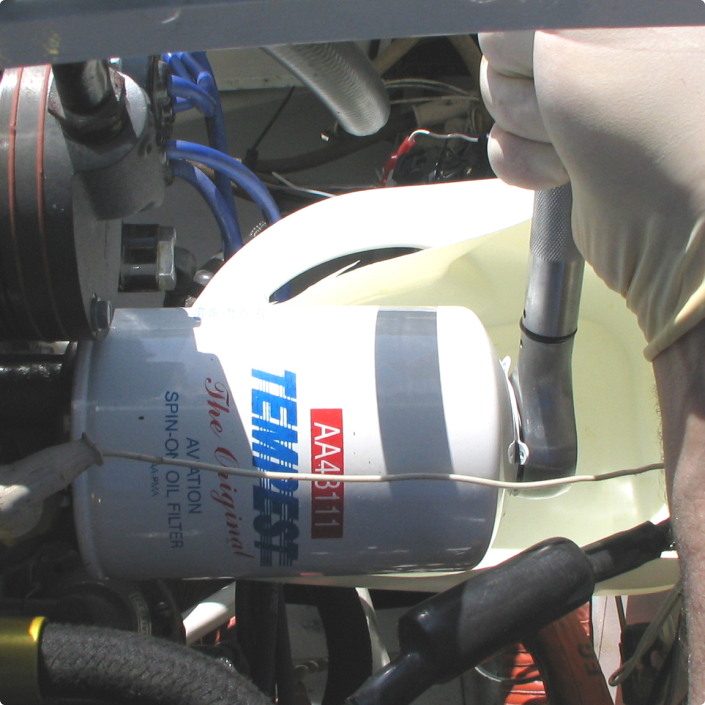
Filter Analysis
Aviation filter analysis is an essential part of ensuring your aircraft’s safety and performance. Filter analysis involves testing and analyzing filter debris in your aircraft’s oil and fuel system to identify any contaminants or irregularities.
This process can help detect potential issues, such as abnormal wear and/or foreign objects in the oil and fuel systems that can damage your engine or obstruct fuel flow. Regular filter analysis can help ensure your aircraft’s safety and performance and prevent costly maintenance and repairs. By monitoring your oil and fuel system filters, and addressing issues as they arise, you can help extend the life of your aircraft and ensure a smooth, efficient flight.
Oil Analysis
Oil is one of the most critical components of any aircraft engine. It plays an essential role in lubricating engine parts, reducing friction, and removing heat. However, over time, oil can break down and become contaminated due to various factors such as heat, pressure, and even combustion by-products. This contamination can significantly impact engine performance and, in some cases, even result in engine failure.
Aviation oil analysis is a process that involves analyzing oil samples taken from an aircraft engine to determine its health and performance. This analysis can reveal critical information such as the presence of contaminants, wear metal levels, and lubricant quality.
There are several benefits of performing regular aviation oil analysis:
- First, it can detect potential problems before they become severe. By identifying contaminants and wear metals early, aircraft owners and operators can take corrective actions to prevent them from causing significant damage to the engine.
- Secondly, oil analysis can help extend the life of an aircraft engine. By monitoring lubricant quality and identifying potential issues, owners and operators can take steps to reduce wear and tear on engine components, ultimately leading to longer engine life.
- Lastly, aviation oil analysis can also help improve engine performance and fuel efficiency. By ensuring that the engine is running optimally and that the lubricant is of high quality, aircraft owners and operators can reduce fuel consumption and improve overall engine efficiency.
In conclusion, aviation oil analysis is a crucial process that can help aircraft owners and operators ensure the health and longevity of their engines. By detecting potential problems early, extending engine life, and improving performance, oil analysis can provide significant benefits to aircraft owners and operators.
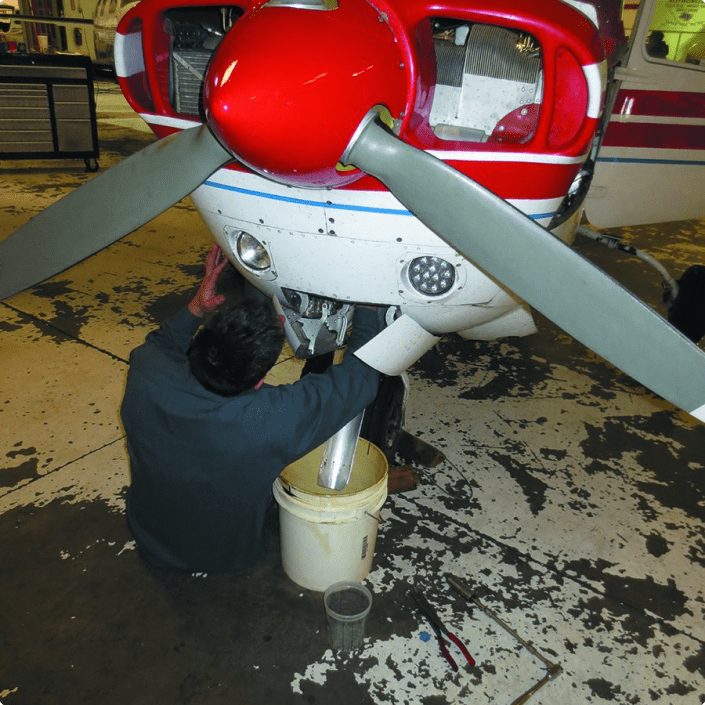
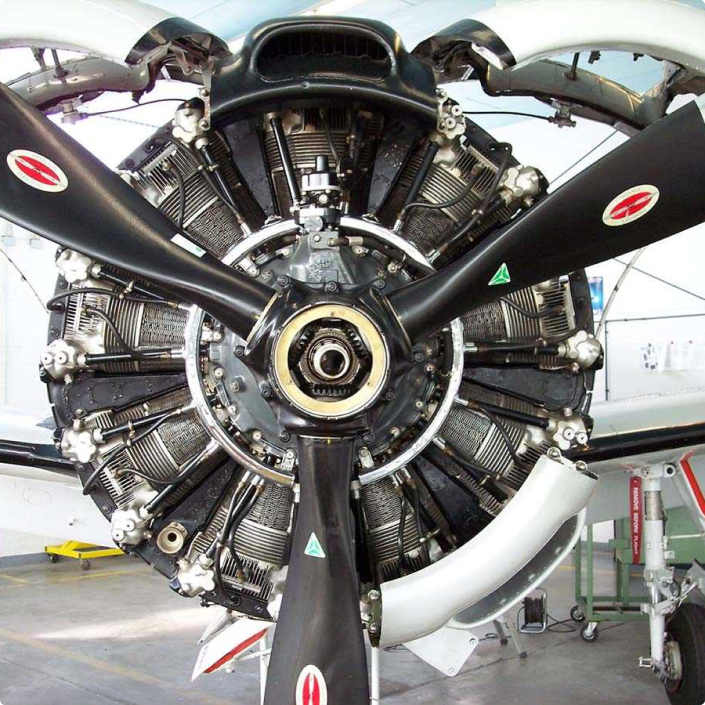
Hydraulic Analysis
Hydraulic systems are an integral part of aircraft operations. They play a crucial role in controlling the movement of various components including landing gear, flaps, and brakes. Hydraulic fluid is the bloodline of these systems and is responsible for transmitting power, lubricating the components, and dissipating heat.
Hydraulic fluid analysis is a critical aspect of aviation maintenance. It involves testing the fluid for contamination, wear particles, and other contaminants that may affect the performance of the system. Analyzing the hydraulic fluid can help detect potential problems before they become major issues, saving time and money on repairs and minimizing the risk of equipment failure.
Regular hydraulic fluid analysis can also ensure compliance with industry regulations and safety standards. This is especially important for aviation where safety is a top priority.
In conclusion, hydraulic fluid analysis is essential for maintaining the safety and efficiency of aviation hydraulic systems. It should be conducted regularly as part of routine maintenance procedures to ensure the smooth operation of aircraft components.
Fuel Analysis
Fuel analysis is an essential aspect of aviation safety, as it ensures that the fuel used in aircraft is of the highest possible quality. The aviation industry relies heavily on fuel to power aircraft, and any issues with the fuel can have serious consequences.
Fuel analysis helps to identify any contaminants or impurities in the fuel that could affect the performance of an aircraft. It also ensures that the fuel meets the required specifications and standards set by aviation authorities.
Regular fuel analysis is crucial to prevent potential hazards such as engine failure, fuel system blockages, and reduced fuel efficiency.
